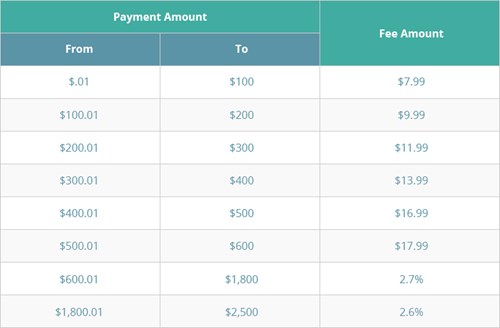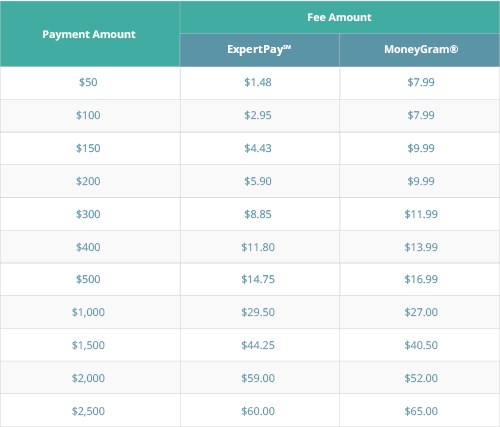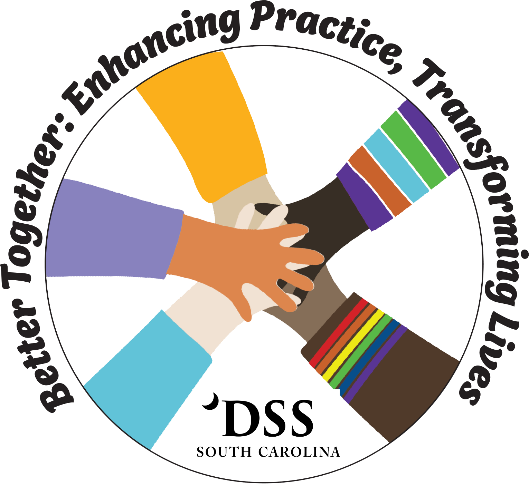INCOME WITHHOLDING
State law requires that the income of a payor is subject to immediate income withholding. There are limited circumstances where immediate income withholding is not required. However, if you are not subject to immediate withholding, withholding will start as soon as you are delinquent in making payments. This means when you are 30 days late in making payments, the system monitors and issues an income withholding order if new employment information is confirmed for you.
MULTIPLE ORDERS
If you have multiple orders and do not pay the full amount for those orders, the payment you make will be spread across all your cases. You must pay the full monthly ordered amount on all cases before any payment toward arrears can be applied to your cases.
PAYMENT OPTIONS
When an order for support is added to the system, we will send you a letter and brochure explaining payment options through the State Disbursement Unit (SDU) and how to access the Interactive Voice Response system. Click here to view the Child Support Payment Options brochure. If the support order requires income withholding, you are responsible for making payments directly to the SDU until payments are deducted by your employer. Payment options include:
Mailed Payments
Make checks and money orders payable to South Carolina State Disbursement Unit.
Properly identify payments with your full name, assigned Member ID Number and your social security number.
Mail payments to:
South Carolina State Disbursement Unit
PO Box 100302
Columbia SC 29202-3302
Walk-In and Cash Payments
Other Payment Options
Automatic Withdrawal Payments (Deduct from Your Bank Account)
Online automatic withdrawal payments can be made through ExpertPay℠. Click here to register for ExpertPay℠. Payments can also be made by telephone at (800) 403-0879. Payments made through ExpertPay℠ are received at the State Disbursement Unit in 5 business days. There is a one-time registration fee of $2.50. There are no transaction fees.
Credit/Debit Card Payments
Online credit/debit card payments can be made through ExpertPay℠. Click here for more information on ExpertPay℠. The following payment options are now available via your ExpertPay account: Venmo, PayPal, Apple Pay and Google Pay. Payments also can be made by telephone at (866) 645-6347. Payments made through ExpertPay℠ are received at the State Disbursement Unit in 4 business days. Fees are 2.95% of payment amount with a maximum fee amount of $60.
Online credit/debit card payments can also be made through MoneyGram®. Click here for online payments. Payments also can be made by telephone at (800) 926-9400. Payments made through MoneyGram® are received at the State Disbursement Unit in 2 business days. Fees are charged based on the following tiers.

Fee Comparison (Online Credit/Debit Card Payments)
The table below compares fees charged by ExpertPay℠ and MoneyGram® for a variety of sample payment amounts.

PERSONAL CHECK POLICY
The South Carolina State Disbursement Unit will accept personal checks. The option to pay by personal check is considered a privilege. That privilege will be rescinded upon return of a deposited personal check by the State Disbursement Unit depository bank. Once rescinded, subsequent payments must be made with certified checks, money orders, walk-in cash payments and/or through online electronic payment services.
If your check is returned because of insufficient funds, we may present your check again in electronic form to the bank. You can obtain a copy of your check through your bank statement or by requesting it from your financial institution.
We refer checks returned for insufficient funds to a third-party collection service. You are responsible for the $30 service charge. Returned checks and associated service charges may be electronically debited from your account.
Paying by check is your acceptance of this policy. If you choose not to pay by check, you may also pay by cashier’s check, money order or through other payment options described above.
STOP PAYMENT POLICY
If you need to place a stop payment on a check sent to the State Disbursement Unit, you must contact customer service at (800) 768-5858 and report it prior to receipt by the State Disbursement Unit. Please provide the bank routing number, bank account number, check amount and check number. If properly reported on a timely basis the State Disbursement Unit will return the check to you upon receipt. Deposited checks returned for a reason of stop payment are treated the same as those returned for insufficient funds as described above.
You may have unclaimed money…
Millions of dollars are transferred to the SC State Treasurer’s Unclaimed Property Program each year by organizations, including the SCDSS Child Support Services Division, when the rightful owners cannot be located. It only takes a minute to find out! Click the button below.

